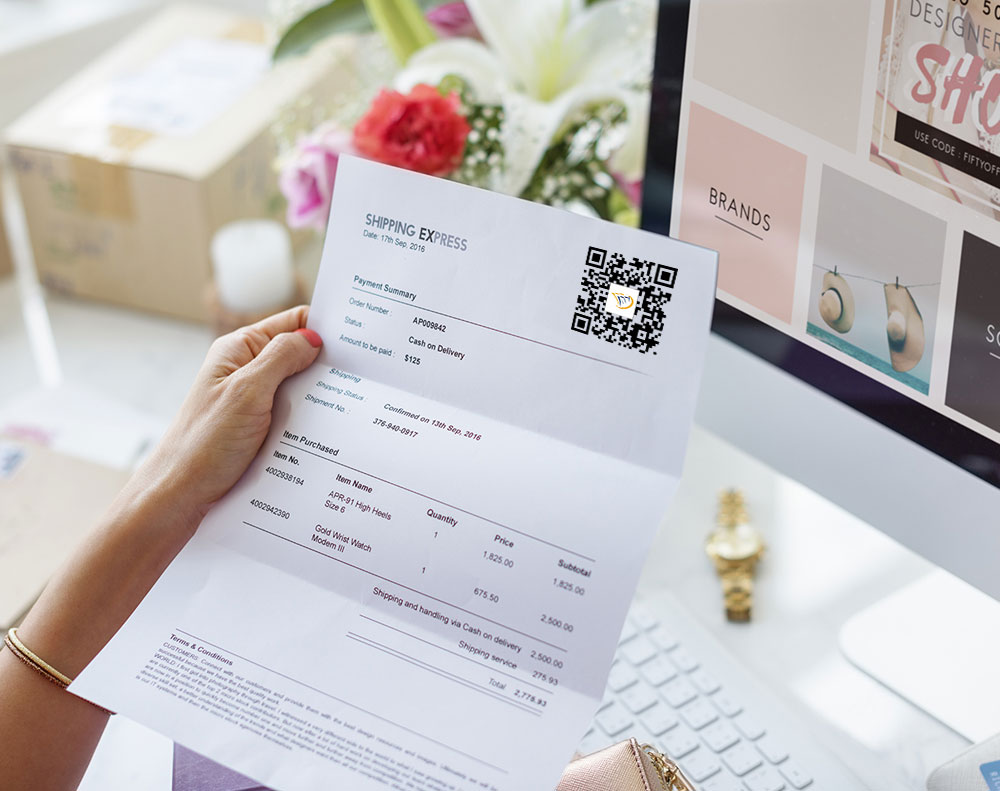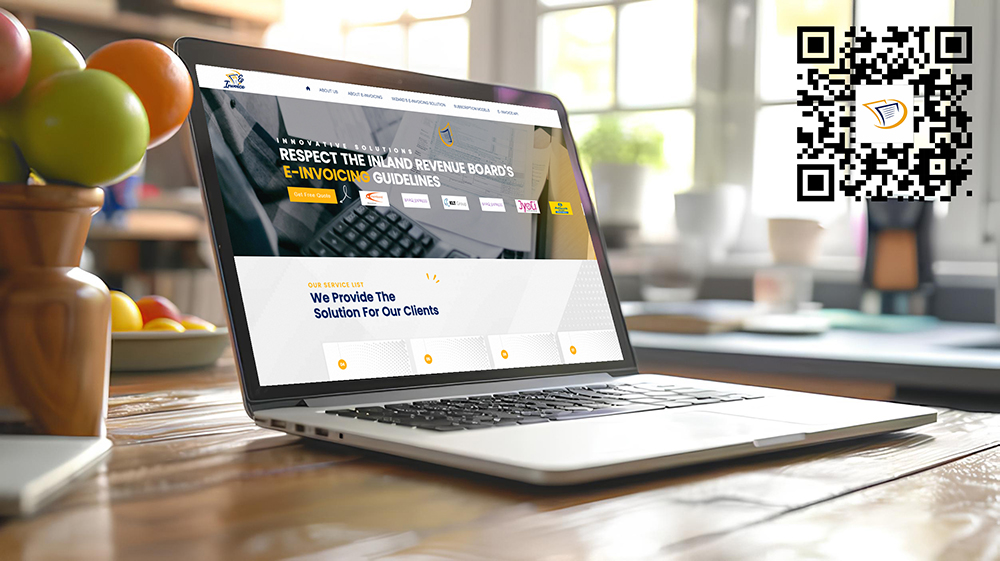
E-Invoicing Transaction Types
In March 2023, Inland Revenue Board of Malaysia (IRBM) announced that all businesses registered in Malaysia are required to generate e-invoices for B2B, B2G and B2C transactions.E-Invoicing applies to all taxpayers undertaking commercial activities in Malaysia.
e-Invoicing Process for B2B Transactions
Transaction Occurrence: After a transaction occurs, the supplier creates an e-invoice.
Submission to IRBM: The supplier sends the e-invoice to the IRBM via the MyInvois portal or through e-invoicing software using an API.
Validation: The IRBM validates the invoice and notifies both the supplier and the buyer.
Sharing with Buyer: Once validated, the supplier must share the e-invoice, embedded with a QR code, with the buyer.
e-Invoicing for B2C Transactions
Suppliers must issue e-invoices for all B2C transactions. Generation of e-invoices for B2C transactions varies based on the buyer's requirements:
When the Buyer Requests an E-Invoice: Suppliers gather details from the buyer/consumer and generate e-invoices in real-time, similar to B2B e-invoices.
When the Buyer Does Not Require an E-Invoice: The IRBM allows suppliers to consolidate transactions with buyers who do not need an e-Invoice into a monthly consolidated e-Invoice.

It will also apply to certain non-business transactions between individuals.
For certain B2C transactions where the end consumer does not need e-Invoices to support the transactions for tax purposes, suppliers are allowed to issue normal receipts/invoices based on current practices.

